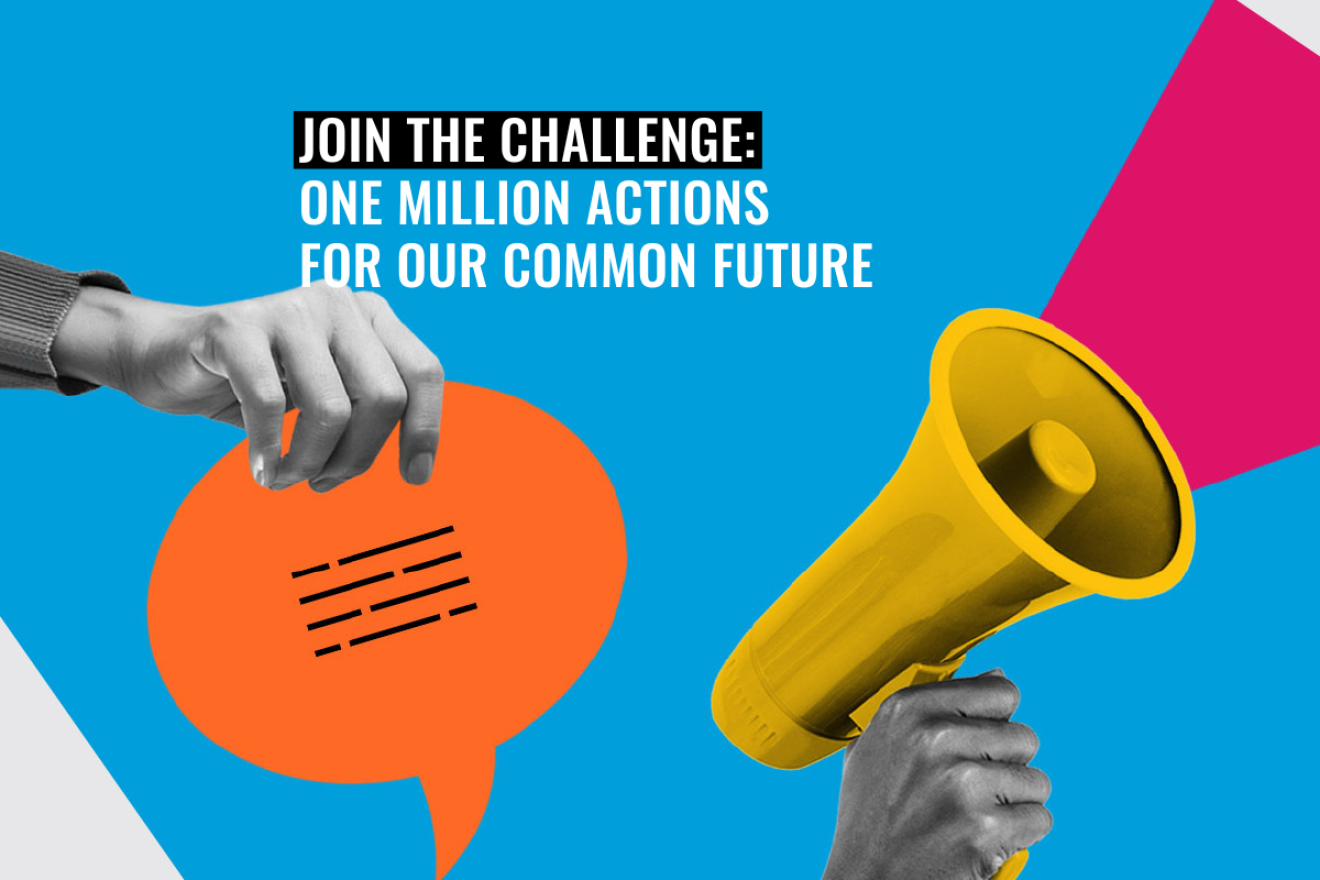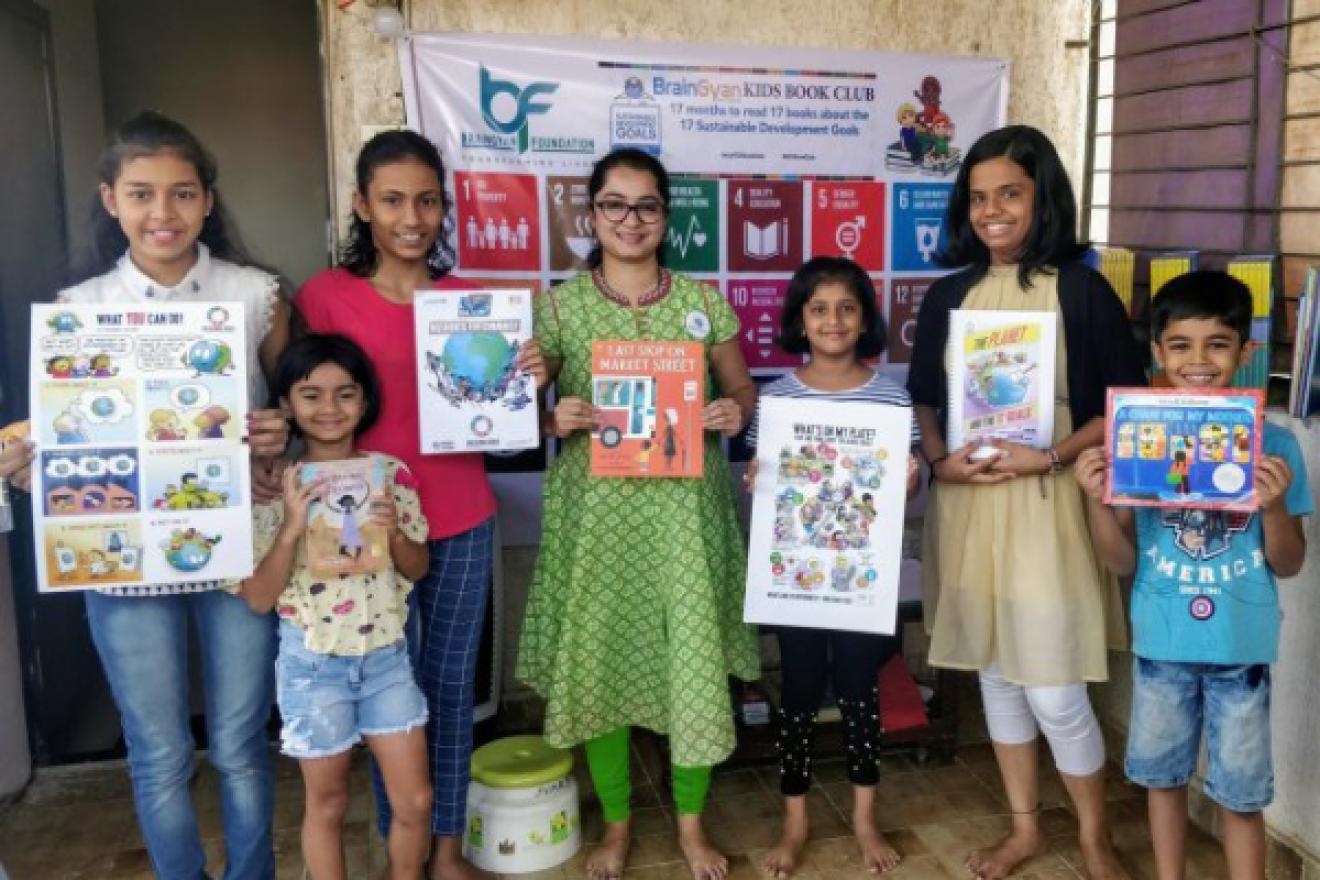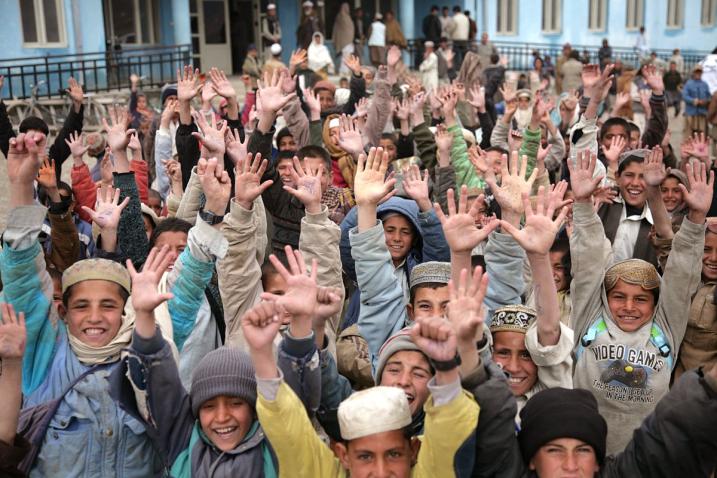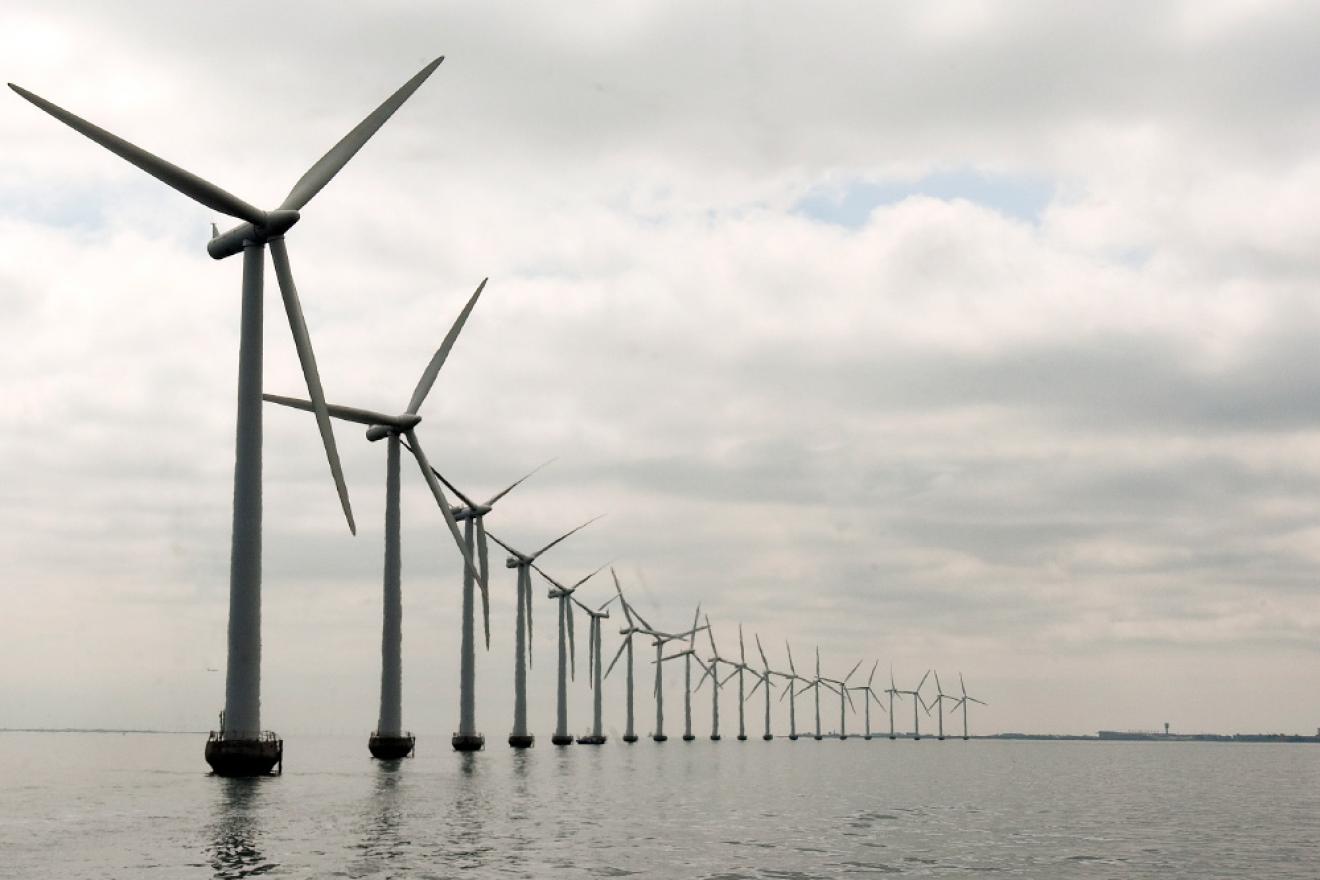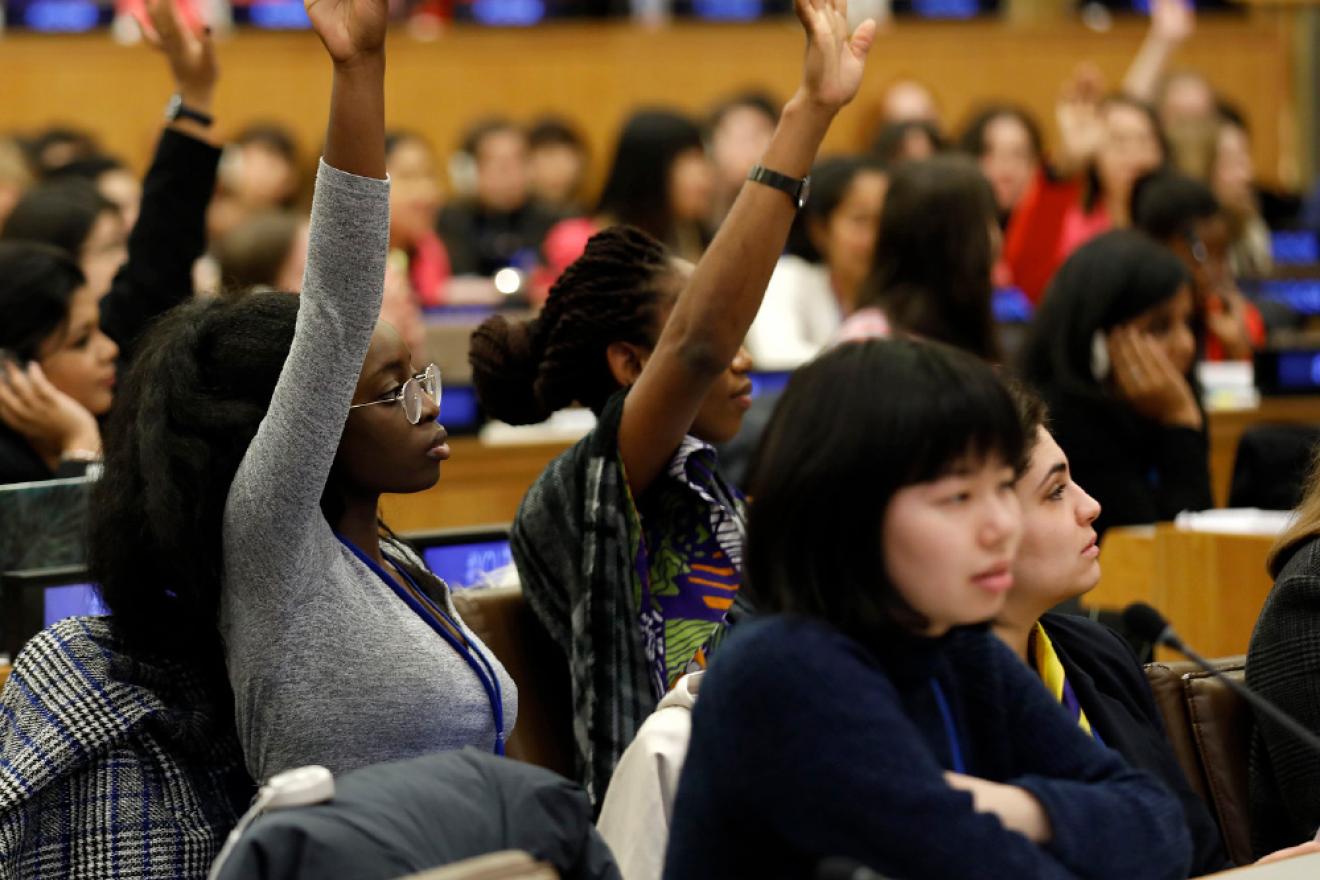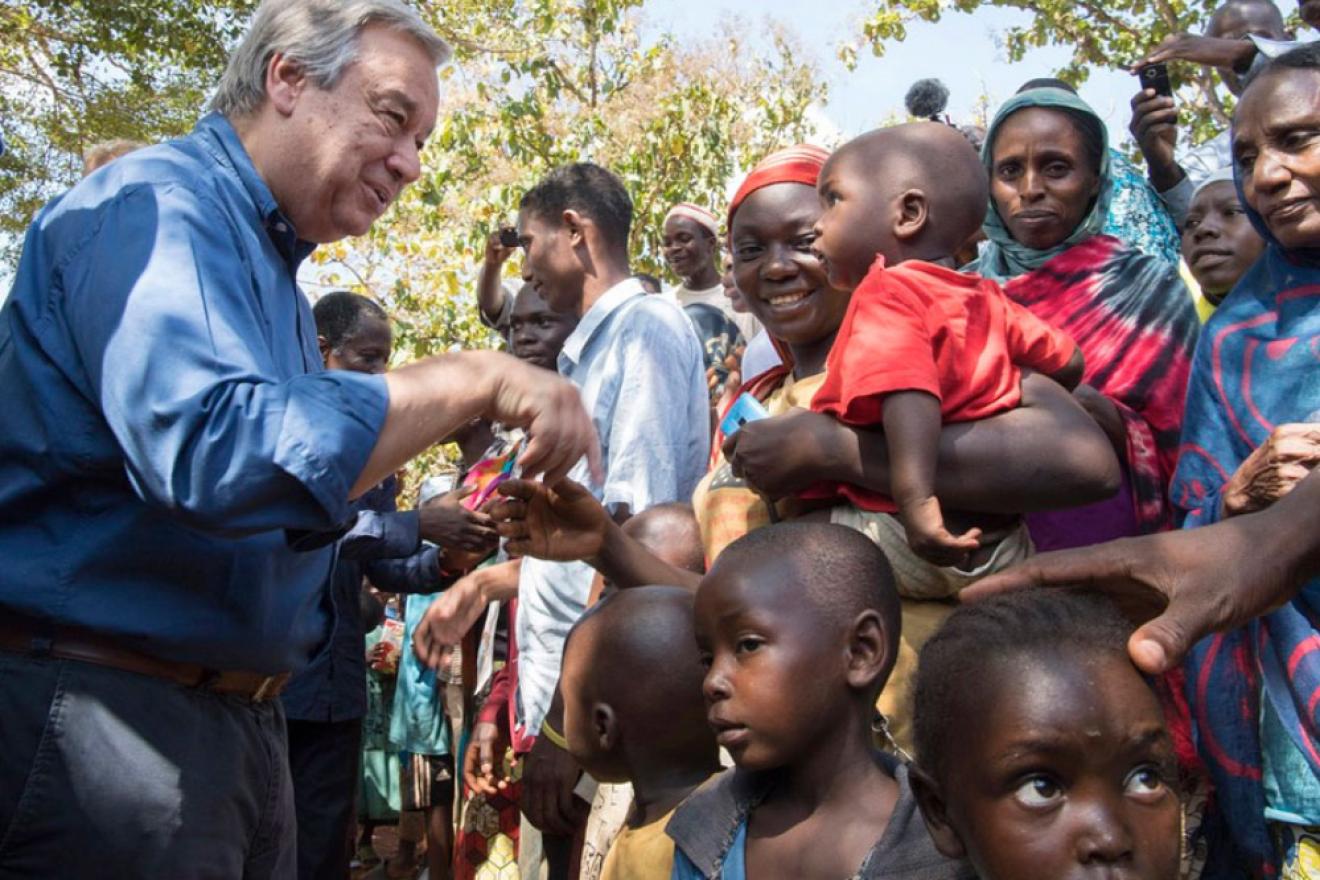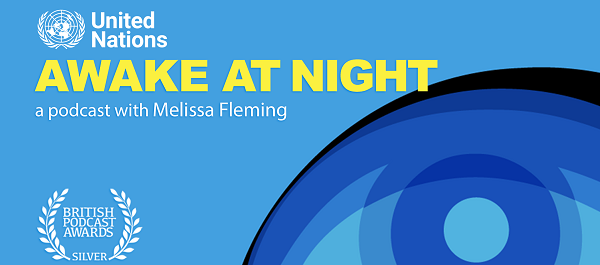The Goals can improve life for all of us. Cleaner air. Safer cities. Equality. Better jobs. These issues matter to everyone. But progress is too slow. We have to act, urgently, to accelerate changes that add up to better lives on a healthier planet. Find new inspiring actions on the app and at un.org/actnow.
Tackling the illegal waste trade
In today’s globalized world, waste management has become a major obstacle to economic sustainability and sustainable development. Unsustainable production and rising consumer demand generate growing volumes of waste that threaten health, the environment, and economies worldwide. The illegal waste trade intensifies these impacts, causing ecosystem damage, health risks, and inequality in destination countries, while undermining governance, fueling corruption, and supporting organized crime. The report ‘Waste Crimes and Trafficking’ by the UN Office on Drugs and Crime reaffirms its commitment to combating waste trafficking.





